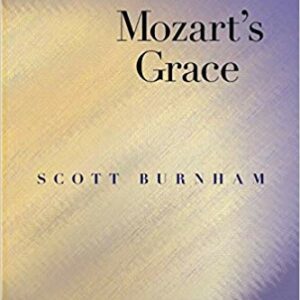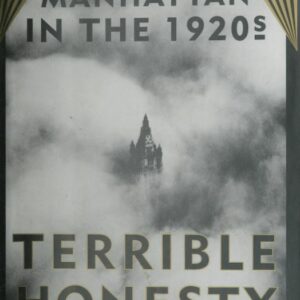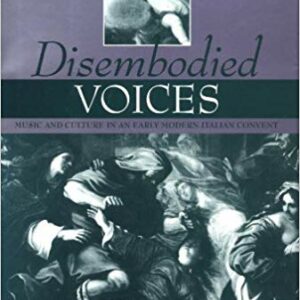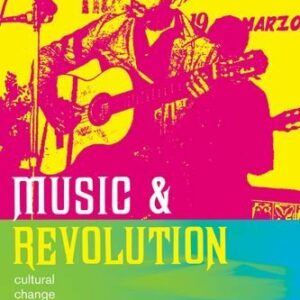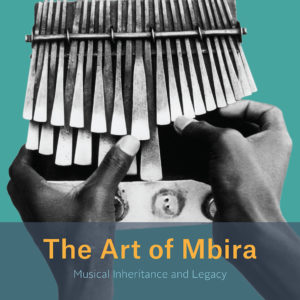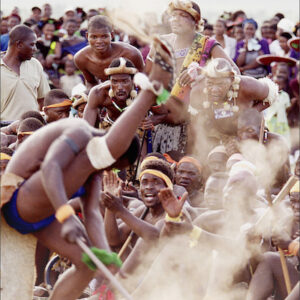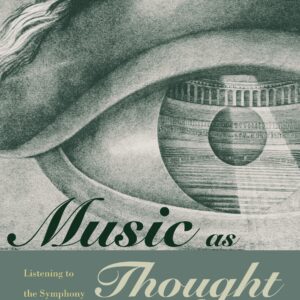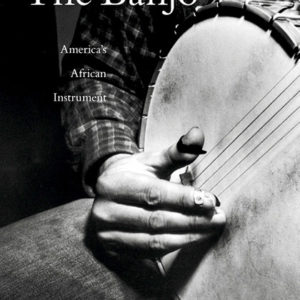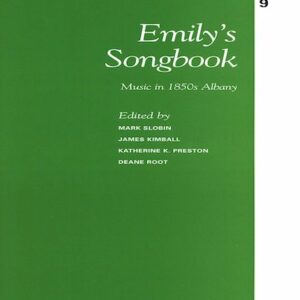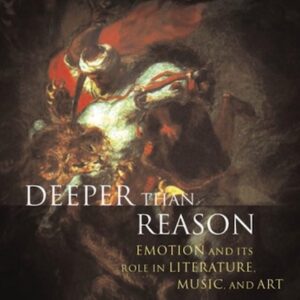
Deeper Than Reason: Emotion and Its Role in Literature, Music, and Art
By Jenefer Robinson (NHC Fellow, 2002–03) Deeper than Reason takes the insights of modern psychological and neuroscientific research on the emotions and brings them to bear on questions about our emotional involvement with the arts. Robinson begins by laying out a theory of emotion, one that is supported by the best evidence from current empirical work … Continued
